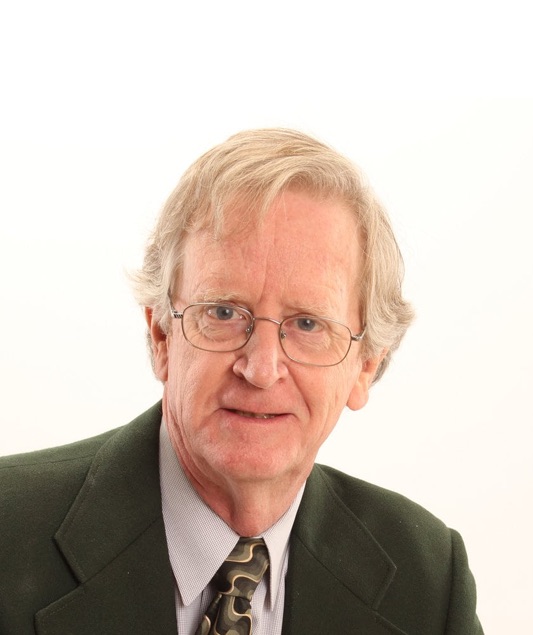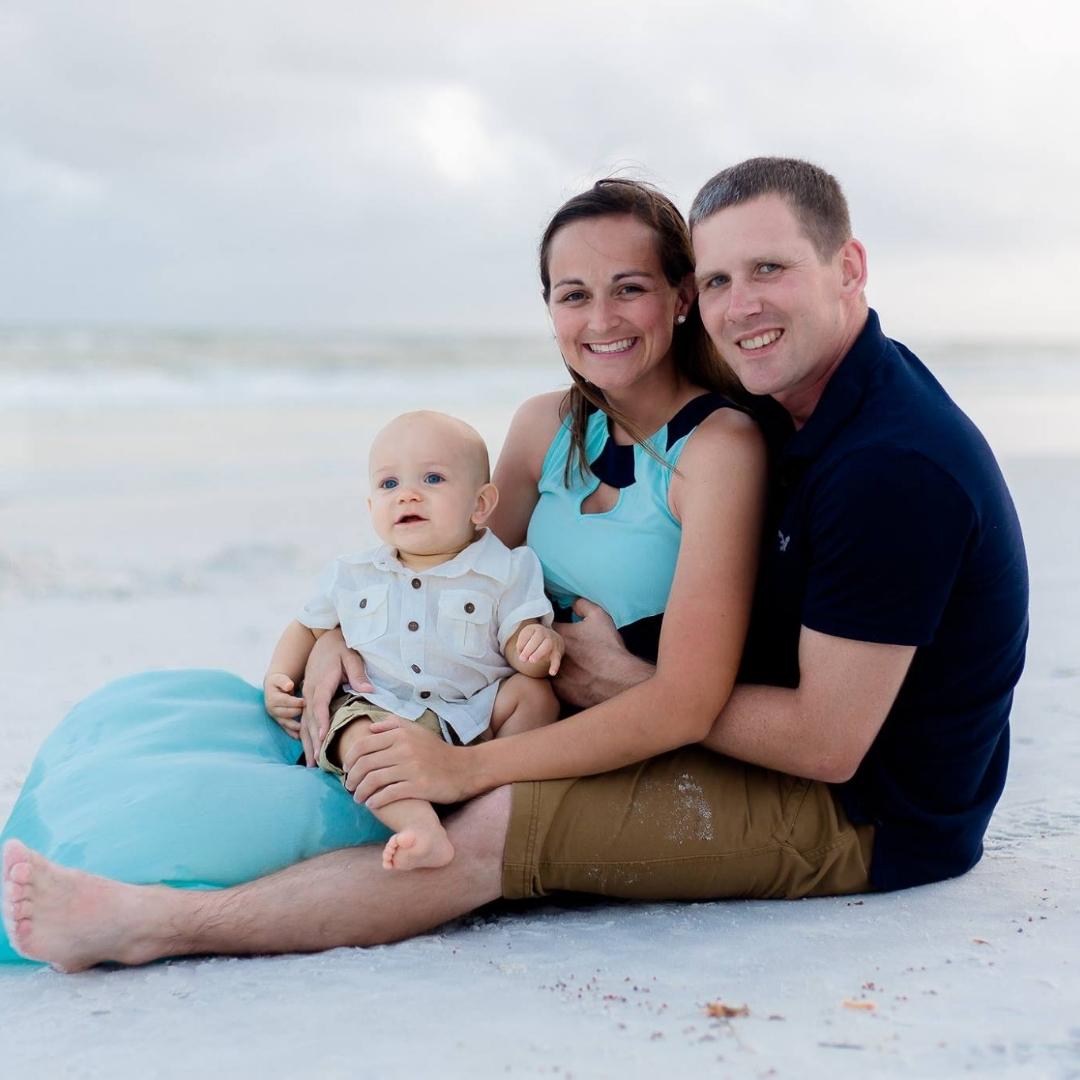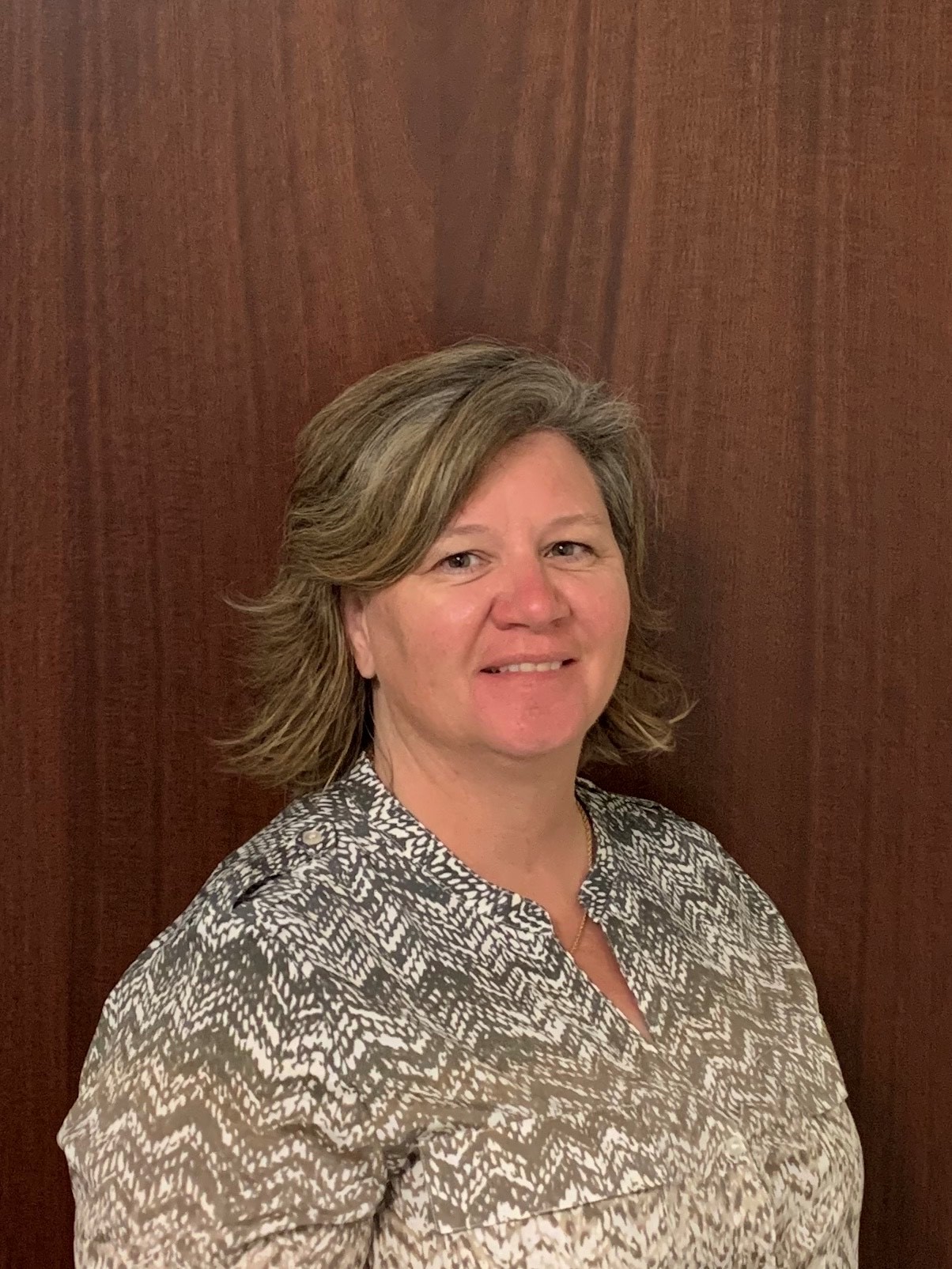Neal Sarahan: Doctor — Ally — Advocate for mental illness
Annual physicals are a natural rhythm in a modern adult’s life, but nearly 15% of Americans haven’t had contact with a health care professional in the past year. Mental-health check-ups are even less common. Approximately, 1 in 5 adult Americans experiences mental illness in a given year. But even with the prevalence of mental illness, stigma keeps many from therapy, treatment, and recovery.
“Mental health instability is frightening. It’s also incredibly frustrating,” said Dr. Neal Sarahan, executive director of the National Alliance on Mental Illness of Greater Houston. “It’s something that we are not attuned to adapting to as parents and employers. This idea that there is a ‘norm,’ which is almost always stable, is not realistic and it’s not true. Too often, when we encounter instability, as individuals, parents, and employers, we are unprepared, and we remain silent, ashamed, and embarrassed.”
Sarahan, who has worked in the mental health industry for more than 40 years, says there has been an increased acceptance and pursuit of understanding mental health, but more work needs to be done for the general population to understand mental health instability.
“People are trying their best to adapt,” Sarahan said. “But people in the world want to be competent and successful. If I’m a teacher, and this child is making me feel very incompetent, then I might want to exclude them because they don’t make me feel very successful. Similarly, employers are telling us, ‘We have people who have depression and anxiety. We don’t want to lose them, because we need their talents, but we don’t know how to support them.’”
There are several programs at NAMI of Greater Houston to help employers, parents, teachers, and the general public educate themselves on mental health and how to best help their employees, loved ones, and students live with their mental illness to the best of their abilities. The classes target a wide variety of topics, including the basics of mental health, peer-to-peer and family-to-family support groups, veterans, local jail inmates and active-duty military education classes, and more.
“Helping everybody learn what pours gasoline on the mental instability fire and then what is the flame retardant,” Sarahan said. “Some of the punishment-and-demand systems simply accelerate mental instability. For some, external rewards do not work in an expected manner, because that’s not how that person’s brain works.”
Sarahan’s desire is for the general public to be aware that mental illness, unlike physical illnesses, aren’t easy fixes, but instead require day-by-day, hour-by-hour attention, patience, and understanding.
“A lot of parents want to go to a provider and say, ‘Fix my kid,’ like it would be this sort of surgical fix,” Sarahan said. “Well, mental illness doesn’t work that way. Sometimes you need to help peers, parents, and teachers understand the expectations of what this journey is going to be like.”
Sarahan suggests people work to understand mental health at the foundational level. This way, everyone will develop strategies that enhance mental stability, and face the necessary times when depression, trauma, mood, and emotions are out of balance.
“About 80% of our health is directly attributable to our food, diet, and exposure to chaos and injury,” he said. “We have to pay more attention to wellness and building conditions for wellness than seeking easy fixes.”
Sarahan’s mission to change how we think about mental health requires interest and understanding from everyday Houstonians. Visit the links below to learn more about NAMI and how mental health shapes our society.
Additional Resources:
- The Texas Behavioral Risk Factor Surveillance System (Texas DSHS)
- Texas Health Data (Texas DSHS)
- Types of Mental Health Professionals (NAMI)
- Prevalence of Mental Illness 2020 (Mental Health in America)



